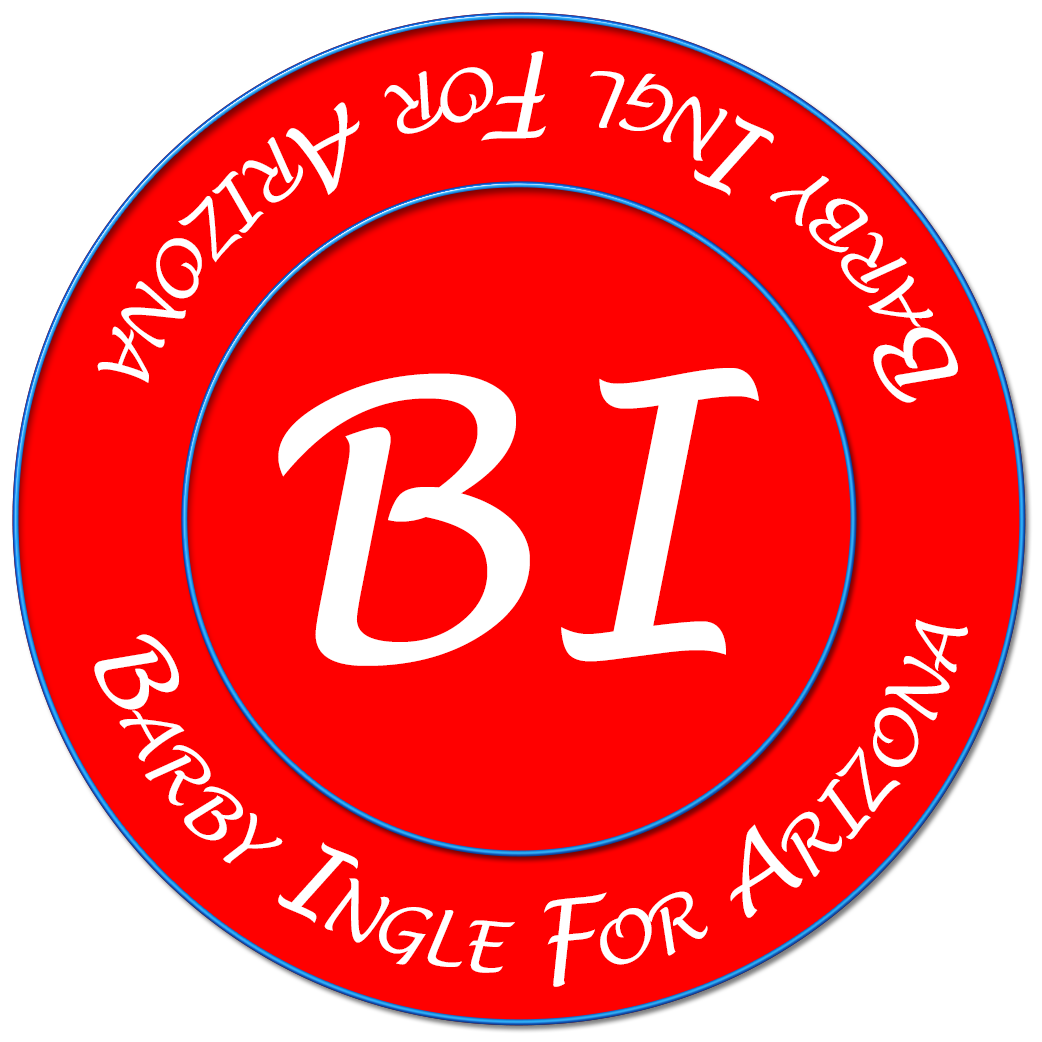Whole Genome Sequencing: Illuminating the Full Spectrum of Rare Diseases and Validating Patient Experiences
Navigating the healthcare landscape with a rare disease is inherently challenging, but these challenges are compounded when patients face multiple, seemingly unrelated symptoms or when their reports and experiences are dismissed by healthcare providers.
This blog delves into how whole genome sequencing (WGS) can offer clarity and validation for those battling not only rare diseases but also complex, multifaceted symptoms that often go unaddressed by conventional medical practices.
Unraveling Complex Symptomatology with Whole Genome
Sequencing
Many individuals with rare diseases experience a spectrum of symptoms that can be as diverse as they are debilitating. These symptoms might include chronic pain, fatigue, and other neurological or physiological manifestations that don’t neatly fit into one medical diagnosis. Traditional diagnostic processes, which often focus on treating symptoms in isolation, may not only fail to uncover the underlying causes but also lead to treatments that are ineffectual or even harmful.
WGS stands out as a revolutionary tool in these scenarios by examining the entire DNA sequence, which allows for the identification of all genetic factors contributing to a person’s health condition. This comprehensive analysis can uncover connections between symptoms and genetic variations, providing a holistic view of a patient’s health that is often missing in standard medical assessments.
Empowering Patients Against Medical Gaslighting
A particularly distressing aspect of seeking help for rare diseases is the phenomenon of medical gaslighting, where healthcare professionals may downplay or outright dismiss a patient’s chronic pain symptoms as being “all in their head.” This can be deeply frustrating and damaging, leading to a prolonged journey toward finding the right diagnosis and treatment. Patients can feel isolated and misunderstood, which exacerbates the stress and anxiety associated with their physical ailments.
Whole genome sequencing test results provide concrete, empirical data that patients can use to validate their experiences. By presenting clear genetic evidence of potential causes for their symptoms, patients are not only able to advocate for themselves more effectively but also challenge the skepticism they might encounter from some healthcare providers.
Case Studies: The Power of Whole Genome Sequencing in Action
The impact of WGS can be illustrated through numerous case studies where it has been instrumental in diagnosing complex cases. For instance, consider a patient who presented with chronic pain, digestive issues, and fatigue, which were treated as separate issues for years without a unifying diagnosis. Whole genome sequencing revealed a rare genetic mutation impacting multiple bodily systems, which had been overlooked in countless routine checks. With this new information, the patient was able to receive targeted treatment that addressed the root cause rather than just the symptoms.
Another case involved a young woman experiencing neurological symptoms that were repeatedly dismissed by doctors as psychological. WGS identified a rare genetic disorder that explained her entire range of symptoms, leading to appropriate treatment and significantly improving her quality of life.
Navigating Healthcare with Whole Genome Sequencing Data
Armed with comprehensive genomic data, patients are better equipped to:
- Demand appropriate tests and treatments that are aligned with the genetic findings.
- Collaborate more effectively with specialists who may be more receptive to data-driven insights.
- Access personalized medicine approaches that consider their unique genetic makeup, potentially leading to more effective and less harmful treatments.
The Role of Healthcare Providers in Integrating WGS
While WGS offers substantial benefits, the integration of its insights into clinical practice requires healthcare providers to adapt and embrace these advancements. Medical professionals must be prepared to interpret and act on complex genetic information, ensuring they can effectively incorporate these insights into their treatment plans.
Conclusion: A Call for a Paradigm Shift in Rare Disease Management
Whole genome sequencing is more than just a technological advancement; it’s a catalyst for a fundamental shift in how rare diseases are diagnosed and treated. It empowers patients with a deep understanding of their genetic blueprint, which is critical for managing complex, multi-symptom diseases. Additionally, it provides undeniable proof of their health conditions, which is crucial for those who have struggled to be taken seriously by the medical community.
As we continue to advocate for broader acceptance and use of WGS in clinical settings, it is essential for both patients and healthcare providers to recognize the transformative potential of this technology. It not only enlightens the path to proper diagnosis and treatment but also restores dignity and validation to those who have long been marginalized within the healthcare system.
We’ve partnered with Sequencing.com to bring iPain followers the power of whole genome sequencing kits at an incredible discount. iPain will receive a commission at no additional cost to you for purchases made through our links, which helps support our organization.
Special Offer for iPain Supporters
Discover the power of genetic testing and take advantage of our exclusive whole genome sequencing bundle offer today!
[UNLOCK YOUR GENOME NOW]


